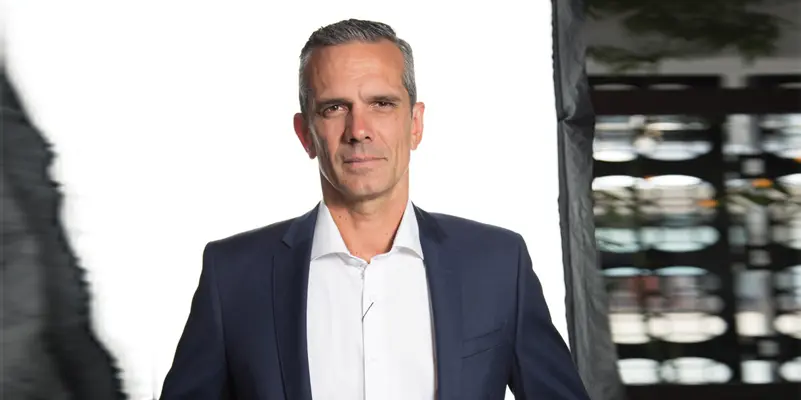Josh Emett – Setting The Table For 2019
From humble beginnings, Josh Emett has worked his way up through the world’s greatest kitchens alongside the world’s greatest chefs to become world renowned in his own right. After travelling the world and picking up some Michelin stars on the way with the likes of Gordon Ramsay, he is now a defining influence on the New Zealand culinary scene as the co-founder of the Mayfare Group of restaurants – Ostro, Hawker & Roll and Madam Woo. But if Josh’s past is anything to go by, there’s a lot more to come.
Much has been said about consumer sentiment at the moment across industries but I guess you would have a frontline perspective on discretionary spend. How are you finding the market?
I think the general feeling with a lot of people is that it is a little bit flat out there, but across our restaurants we are still doing good consistent business. Sometimes you are in serious growth and growing every year and other times you are just stabilising for a bit, and I guess that is probably where we are right now.
And you have just come off the back of some serious growth, right?
Totally. We have opened Hawker & Roll in Christchurch and then Hawker & Roll in Sylvia Park and we’ve opened a Hawker & Roll in Queenstown. We have got a couple more planned as well, which have been on the cards for a while. We are opening in Commercial Bay when that finally gets off the ground. We have got a bit planned, but it is always based on some reasonable developments that are happening in Auckland and around the place. It is all a matter of timing.
There are some exciting builds happening, so it shows that in a world where everyone is all about e-commerce that there is still that potential in real experience in bricks and mortar.
Totally, it is still happening.
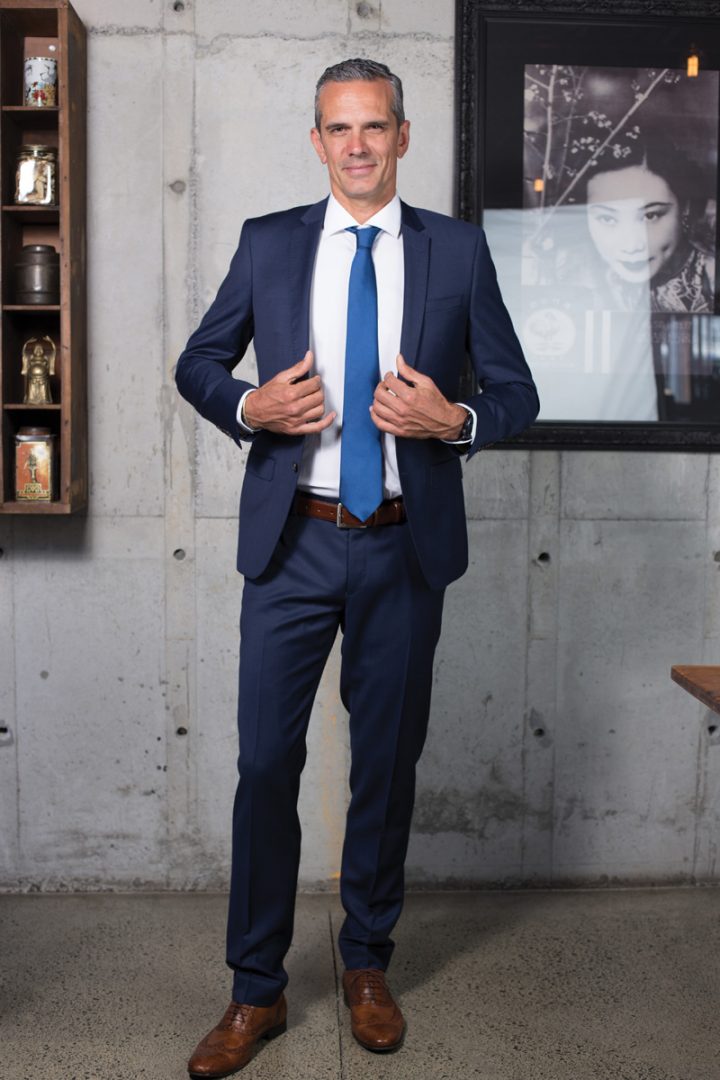
When you are talking about the number of interests that you are involved in, even the growth over the last 18 months, does that start to really change day to day for you?
Yeah. We definitely think big picture and focus on a fair amount of strategy as a company. Fleur, my business partner, runs the company as CEO and she drives a lot of the strategy and we get together with our Board to focus on the big picture. It is all about planned growth and minimising risk.
Can you talk about the Board side of things and how important it is to have different perspectives and different experiences coming together? How often are those meetings?
Every two months, but lots of information transfers quite regularly in between. Strategy is the key thing. Everything is really fast moving these days and you have to move quickly and evolve and change to keep up. It feels like you are always in that space anyway.
I think I would have said that 18 months ago as well, you never feel like you can sit still and just expect things to happen. You have got to be involved in your business and change your business and reach to your consumer demands. There is a lot of talk these days around volume of Uber Eats and takeaways and all that sort of thing. That is all interesting. We are in that market so we have that close to us.
That probably wasn’t something that we were talking about 18 months ago, but have the things like Uber Eats really shifted things for you? Have you had to adapt to that at all?
Yeah, we have always done takeaways out of Madam Woo and Hawker & Roll is quite heavily based around grab and go takeaways and eating on the run. I think we were already in that space and in that market, so I think it all sits quite nicely.
As you were say, everything is really fast paced and fast moving, are you able to work long-term strategy into that or do you have to be quite reactionary and adaptable?
I think a bit of both. A bit of long-term strategy about what is happening out there, and that could be about looking at the big wide world and seeing what is happening overseas. But also you have to be realistic about what is happening under your nose and here in New Zealand as well and not getting too far ahead of the curve, but really moving with the times.
If you go too far, you can lose what your customers really want out of your business as well. It is just a matter of really looking after your customers first and foremost and ensure that you are meeting their expectations and giving them exactly what they want.
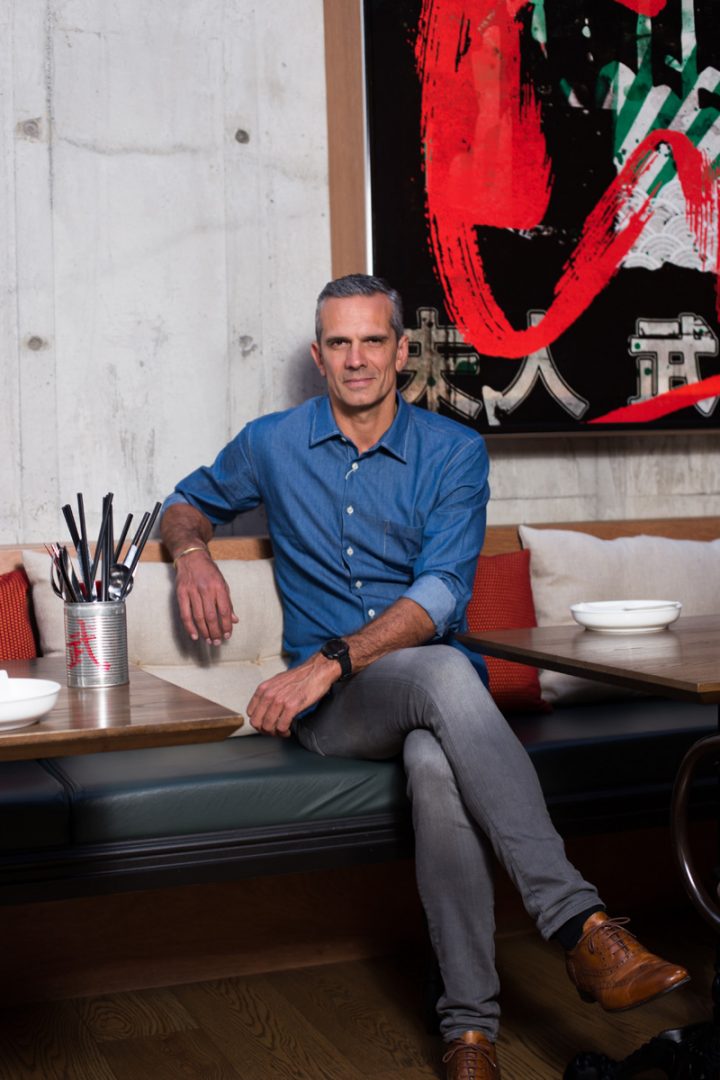
Are there any trends that you have got your eye on from overseas that we haven’t implemented here?
Probably all the ones that I’m keeping under my hat!
Do you think, in terms of the New Zealand market, would we follow Europe or the US trends more? Or are we our own ecosystem?
I think social media and everything else and the age we are in has changed all that, so everything feels very current. I think it might be all current to me and to like-minded individuals in that space, but is it relevant our customers? I think if we are moving ahead too far or going off in directions that they don’t necessarily understand, I think you need to be firmly looking after the customers first.
New Zealand is a great place, we have got great products and that is only getting better. Our produce seems to be getting better and more interesting products are turning up constantly. The vegetables that people are growing and the other products that are coming to market; the quality always seems to be improving.
We seem to be really cosmopolitan in a lot of ways and really embrace other cultures and we will work them into our own. Do you think there becomes a need to really start defining our own cuisine more as well, based on Maori and Pacific culture?
I think that is definitely happening and there are definitely chefs within New Zealand who are leading the charge on that. That is something that develops over time as well, it is not going to happen overnight. But there is definitely a lot of chat around that and a lot of movement around that, which I think is a really good thing. It all starts to become more interesting to have native ingredients into the mainstream so they are actually there to use and use regularly.
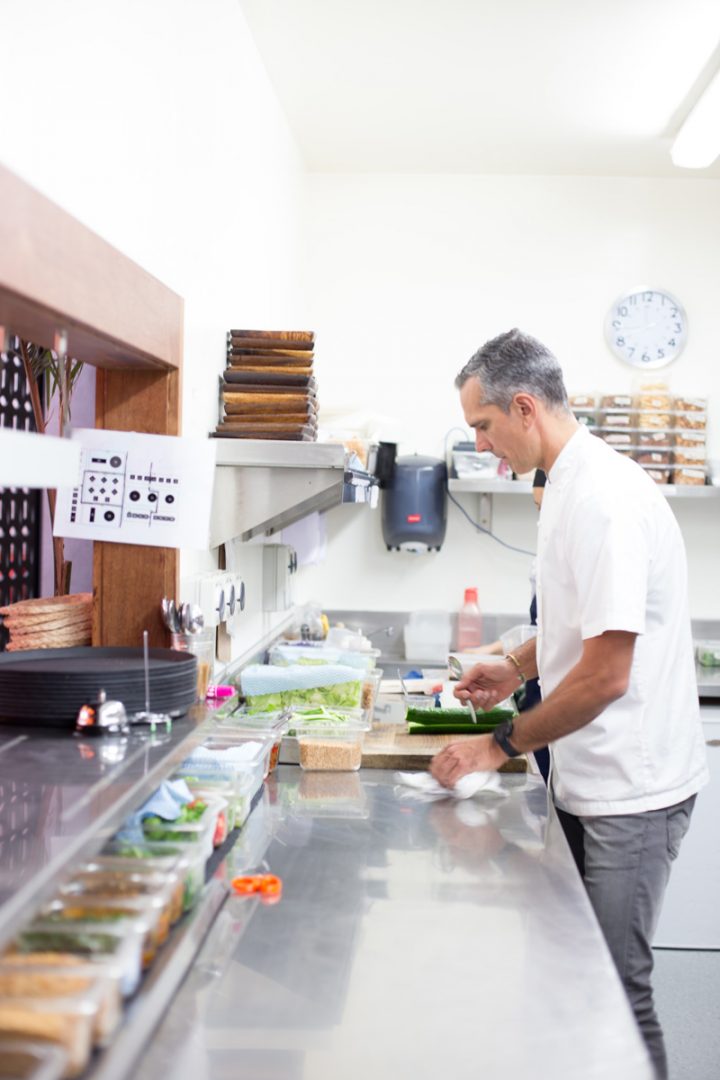
From a supply point of view, what do you think we need to do to encourage more of that, more native ingredients?
Get the ingredients and get them regularly. For me, they can’t just be available for a week or once a week or every now and then when you can get them. Once you have things on a menu and customers really embrace it, you want it around for a period of time rather than here one week and gone the next and we can’t get any. That is seasonality of produce anyway. It is important to really showcase a style of New Zealand food that is uniquely New Zealand.
In terms of the influencer side of things, is that a big focus for you in terms of feedback and connecting with an audience and connecting with customers?
Yeah, definitely. It is a focus for me, it is not my main focus but it is really important to me. I have a lot of sessions around that sort of thing, not monthly, but every few months. I think it is important that the content that I’m putting out there is completely relevant to me and not just randomly posting a whole lot of others stuff and no other things. It is not the driver of my life, but it is part of business.
There are negatives with social media of course, how do you manage that?
It just can’t rule your life. I suppose the other thing that there is a lot of chat around at the moment – this is a good thing – is mental health. It is well documented that we have a very high suicide rate in New Zealand, and lots of other countries as well. There are a lot of questions over social media and how that affects people and your perception of people’s lives. I think it is good to look at content that makes you feel good, but doesn’t drive you nuts. Look at stuff that interests you and makes you happy really. It shouldn’t work any other way, should it?
Instagram is great at showcasing the best bits but not necessarily everyone is living perfect lives. I guess it is easy to compare yourself to unrealistic benchmarks.
Totally. We all know that in general terms in business, there is a lot of good but there is bloody hard work. There is a lot of ups and downs to get to where you want to go.
How do you balance some of your ambition and your drive with the tough times and the failures, as well as the successes?
You have just got to be stubborn and keep going, don’t you? You have got to just take the good with the bad and enjoy the ride. Keep your eye on the long game because sometimes you can look around and constantly think about the week coming or the week been or the month coming.
Then when you turn to look at the grand context of things, you are in your mid-40s and you’ve hopefully got another 40 years to go, you have to start thinking a bit more long-term in terms of health and happiness.
The old saying: if it is not going to matter in five years, don’t spend more than five years worrying about it. It is very easy to look back on the highs and lows you went through ten years ago and they come and they go, don’t they?
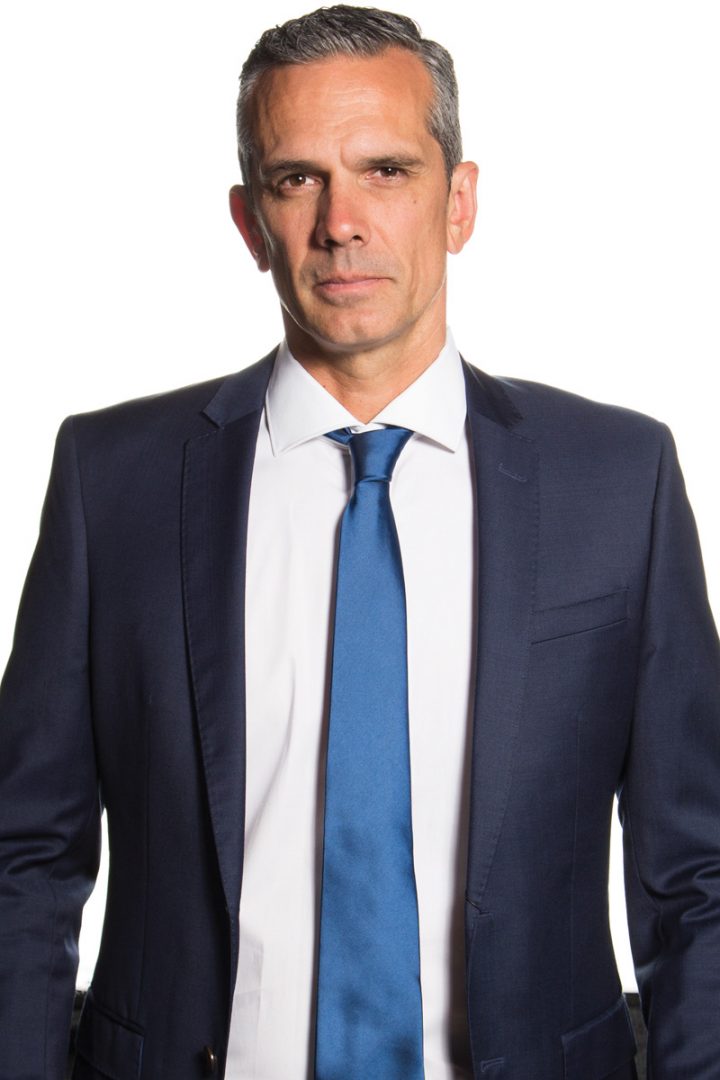
If you do look at your life through Instagram you seem to have a really good balance at everything – the health, the family, the business. Do you have to really work at setting in place a structure where you can do that day to day?
Totally. I think probably on the surface I have a reasonable balance, but I have worked extremely hard at it and there are times in the year where it is not balanced at all in any way, shape or form.
And there are other times of the year where it is OK.
Again, it is just a matter of taking the good with the bad. I wouldn’t be the person to paint the perfect picture of the balanced lifestyle, but you try.
I have put in an enormous amount of working hours in the early years to put myself in a position where I could try to get a bit of balance back in my life at this stage.
Now, as if you haven’t got enough on your plate, you have been working with The Collective to create a yoghurt as well. Why was that an important thing to dedicate your time to?
They were looking to work with chefs to do a collaboration with and they approached me. They wanted to create a yoghurt that they could put out in the market and a percentage would go to a charity of your choice. I know The Collective guys well and it was one of those no-brainer things for me really. I love what they do, I love their products and their branding and their whole attitude to things.
It was a pretty easy for me and there is a charitable side where we get to give to Melanoma New Zealand. Quite a fun thing to do as well, to come up with a flavour and go through the nuts and bolts of getting something like that to market. It is quite an interesting product to put on shelves and learn a bit more about their process, their shelf life and what works and what doesn’t.
Are you interested in doing more of the product side of things?
I’ve dabbled with it over the years and had a product in supermarkets for about four years, then we stopped that and learnt a lot from that. We had reasonable success, but we couldn’t make it work long-term. That side of things really interests me actually, anything like that with food really interests me. They have been doing it for a while now and they have an amazing operation and their whole process is very interesting.
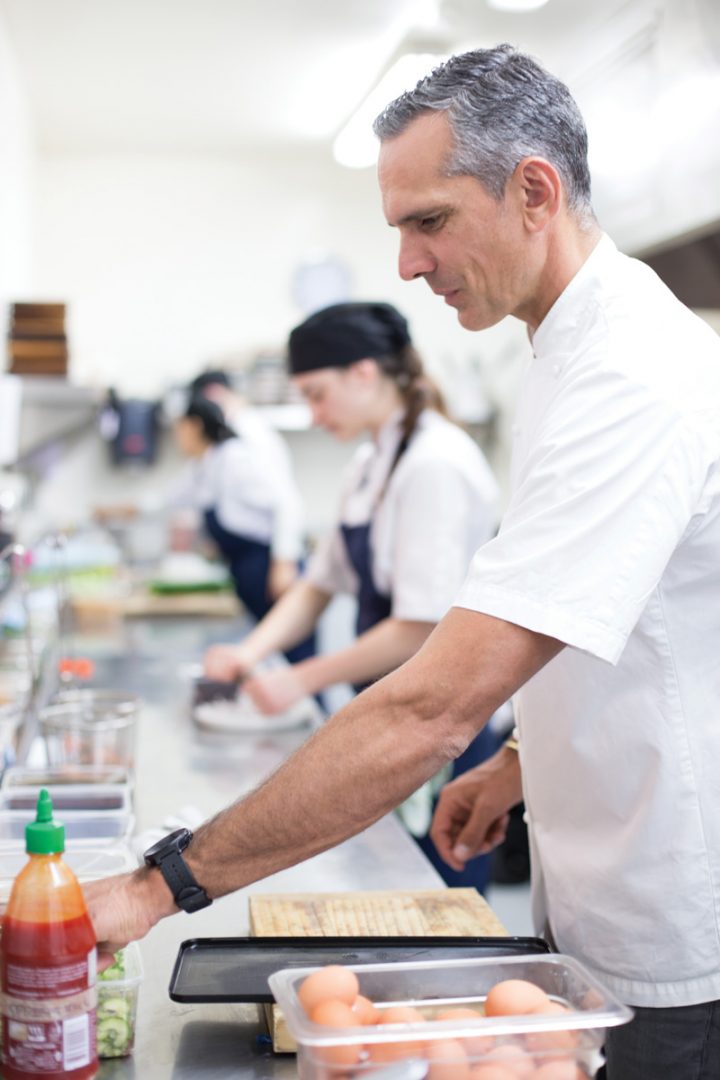
Do you think about legacy in terms of what you have built and someone carrying that on?
In terms of what makes the boys happy and what they’re good at, probably more of cooking in terms of practicality and making sure that they can feed themselves and look after themselves as they grow up. I imagine that is still going to be important for the next 30 or 40 years, as much as our lives are changing, but basic needs like that I think are hugely important. If that evolves into something more around restaurants or cooking well then perhaps, yeah.
How would you describe yourself as a leader?
I am generally quite involved. I let the different teams run themselves. I try and help guide them and encourage them to make decisions for themselves, to be honest. I think that is the hard thing; you get in the place of wanting control but also wanting all your teams to think for themselves and for them to do that, you actually need to step back and leave them to it. So I manage from a distance and make sure I’m there when they need me any time of the day and then leave them to it when they don’t want you standing over their shoulder the whole time.
Is it difficult to stand back?
Of course it is. It is terrible.

